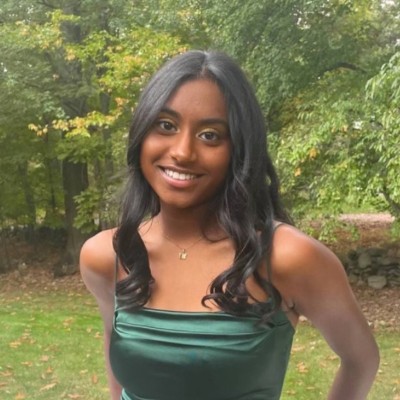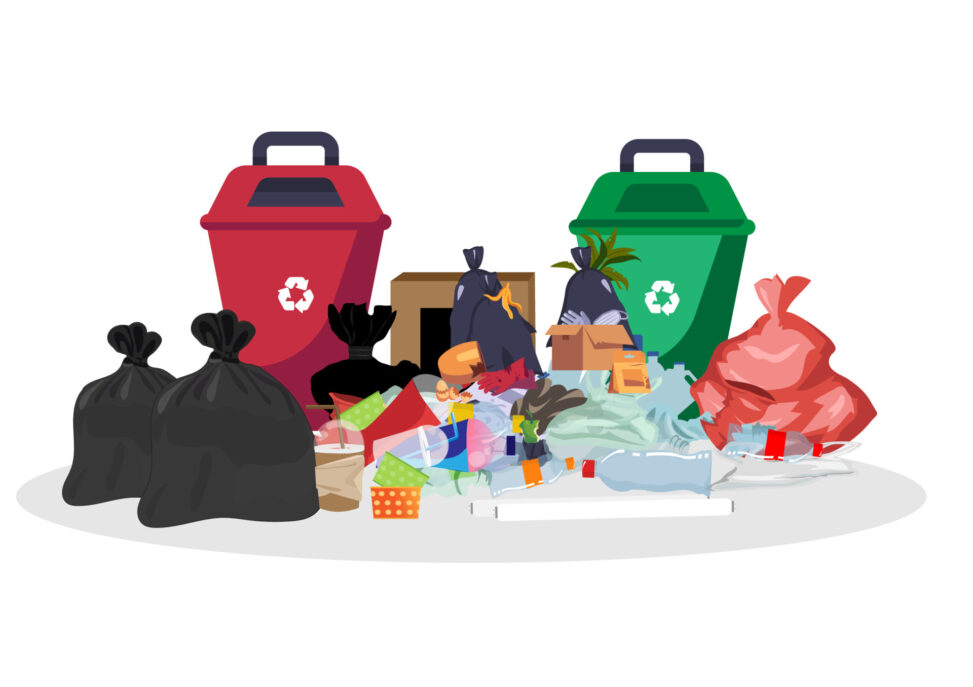In the fall 2023 semester, I worked as a consulting fellow for the Post-Landfill Action Network to reduce waste on campus. I revise and direct six 90-minute slide presentations with Wesleyan stakeholders to evaluate current limitations to achieving zero waste.
To prepare for these meetings, my co-fellow and I spent 2-3 hours rehearsing the presentation and considering potential questions the stakeholders might ask. By immersing myself in the material, I felt equipped to answer their questions accurately and effectively. During the presentations, I found myself actively participating, supplying ideas from my notes and research, rather than just mediating the discussion. I was able to strike a balance between my research, the conversations I had with students and staff, and my personal experience as an Eco-Facilitator.
The presentation portion of the fellowship refined my public speaking and research abilities. Firstly, I’ve learned to communicate effectively with my audience. Speaking with stakeholders has taught me to meticulously research the topic of discussion. The stakeholders would frequently ask questions that went beyond the scope of the presentation; they asked technical questions on the logistical and financial implications of our proposition. To best accommodate their questions, I spent hours researching Wesleyan’s surplus facility, current waste management system, and food recovery program. I also talked with different students and faculty involved with sustainability on campus to get a first-hand account of their programs and roles.
A stakeholder once asked me a question about the staffing limitations to opening a digital storefront—she was concerned with the lack of staff available to regulate a website/digital space. Recalling my conversations with student workers, I suggested hiring a student intern to regulate the digital inventory and populate the website with the different items in surplus. Current staff wouldn’t be overwhelmed by the prospect of running a website and students with technical proficiency could apply for the position. The presentation portion of the fellowship taught me critical communication and research skills, relevant to future public speaking opportunities.
The presentations covered topics such as procurement policy, infrastructure, and accessibility. I mediated Zoom conversations between 10-12 campus stakeholders including the Director of Dining, Residential Life, Facilities, and Athletics to consider how to best regulate surplus, hard-to-recycle materials, food, electronics, and other types of waste. These conversations provided the basis for a zero waste proposal, complete with a budget and timeline, to upper-level administration: the concerns, thoughts, and opinions gathered from the presentations were utilized as evidence and details in the written proposal.
10.-Wesleyan-DRAFT-Zero-Waste-Strategic-Vision_
